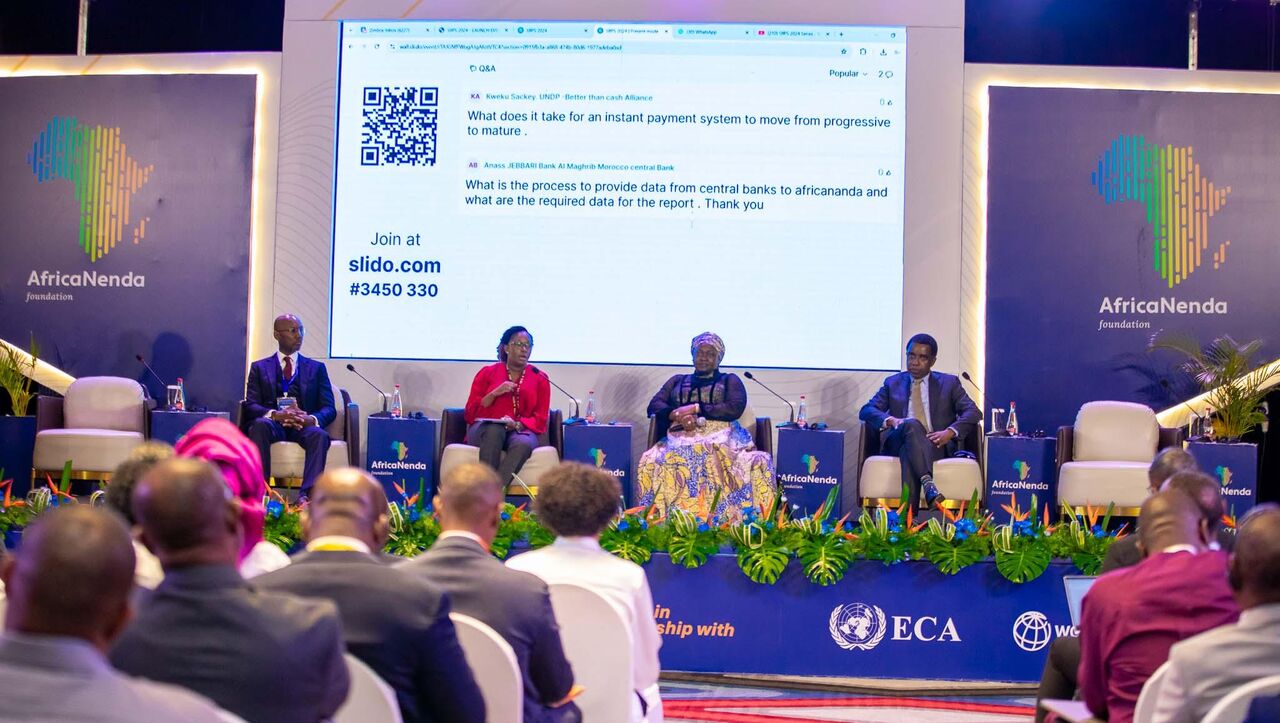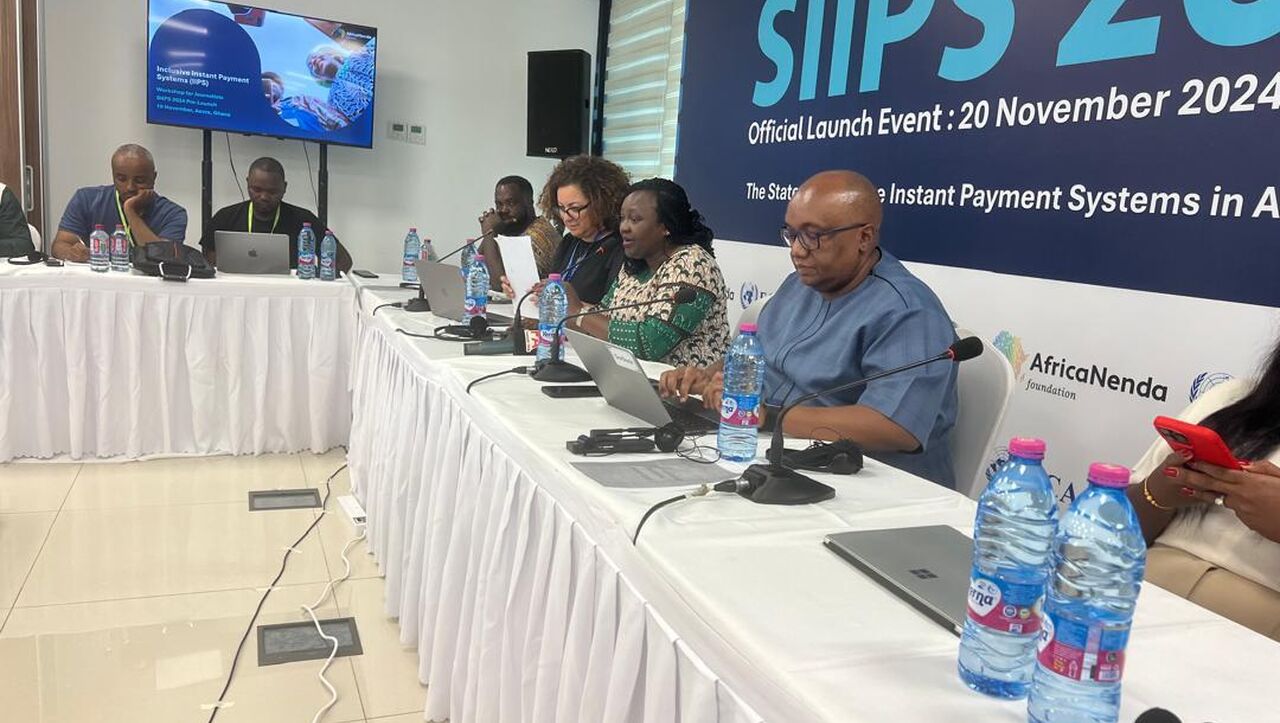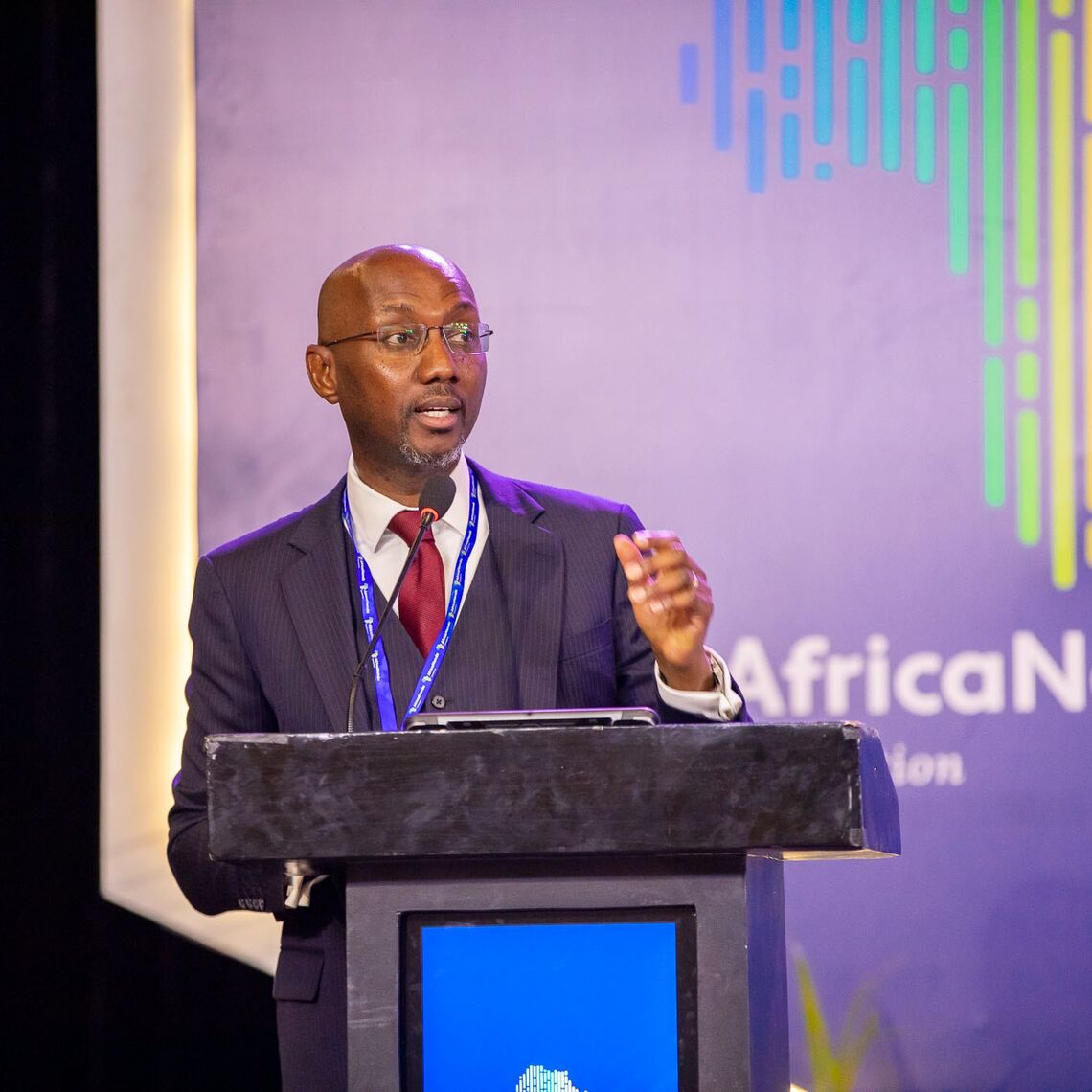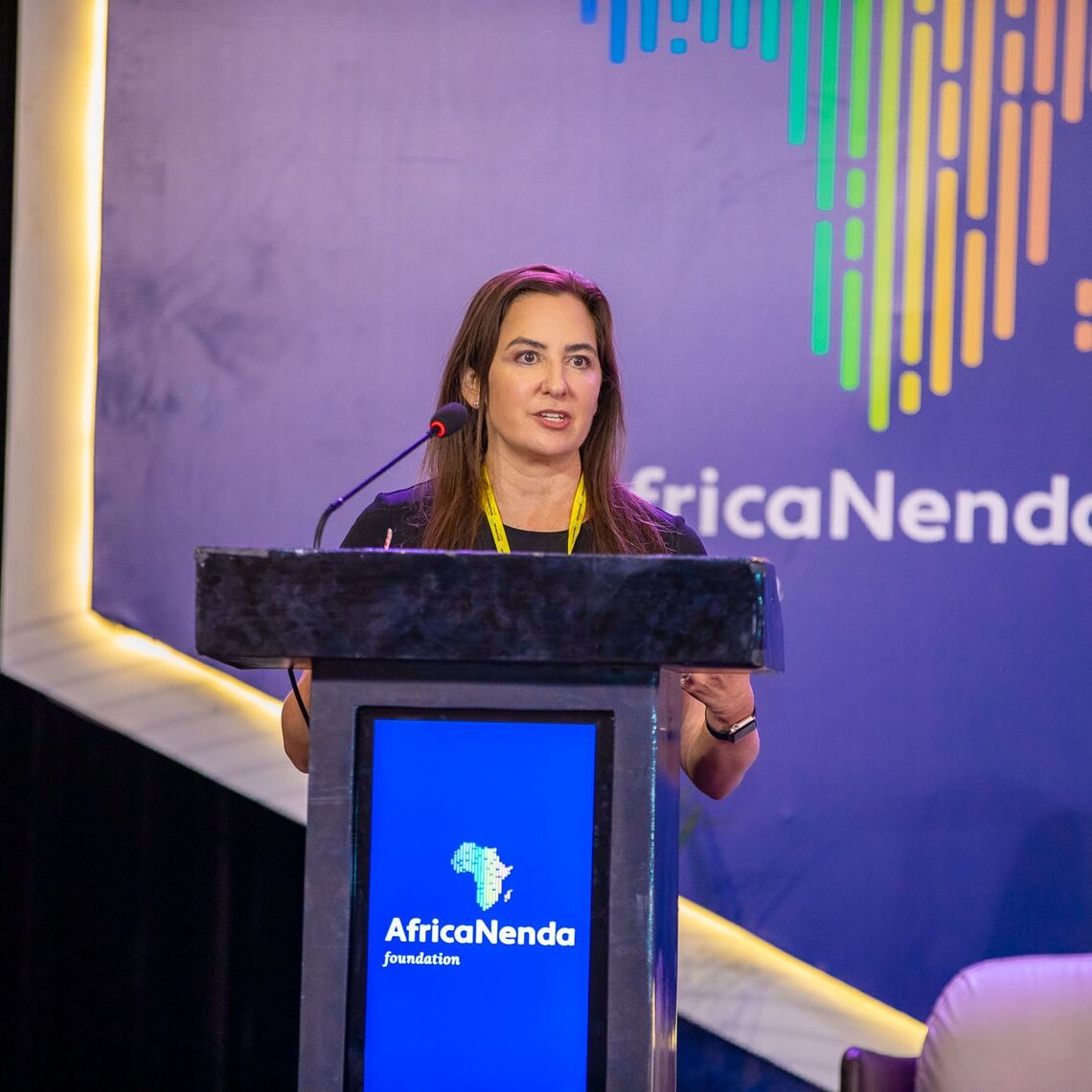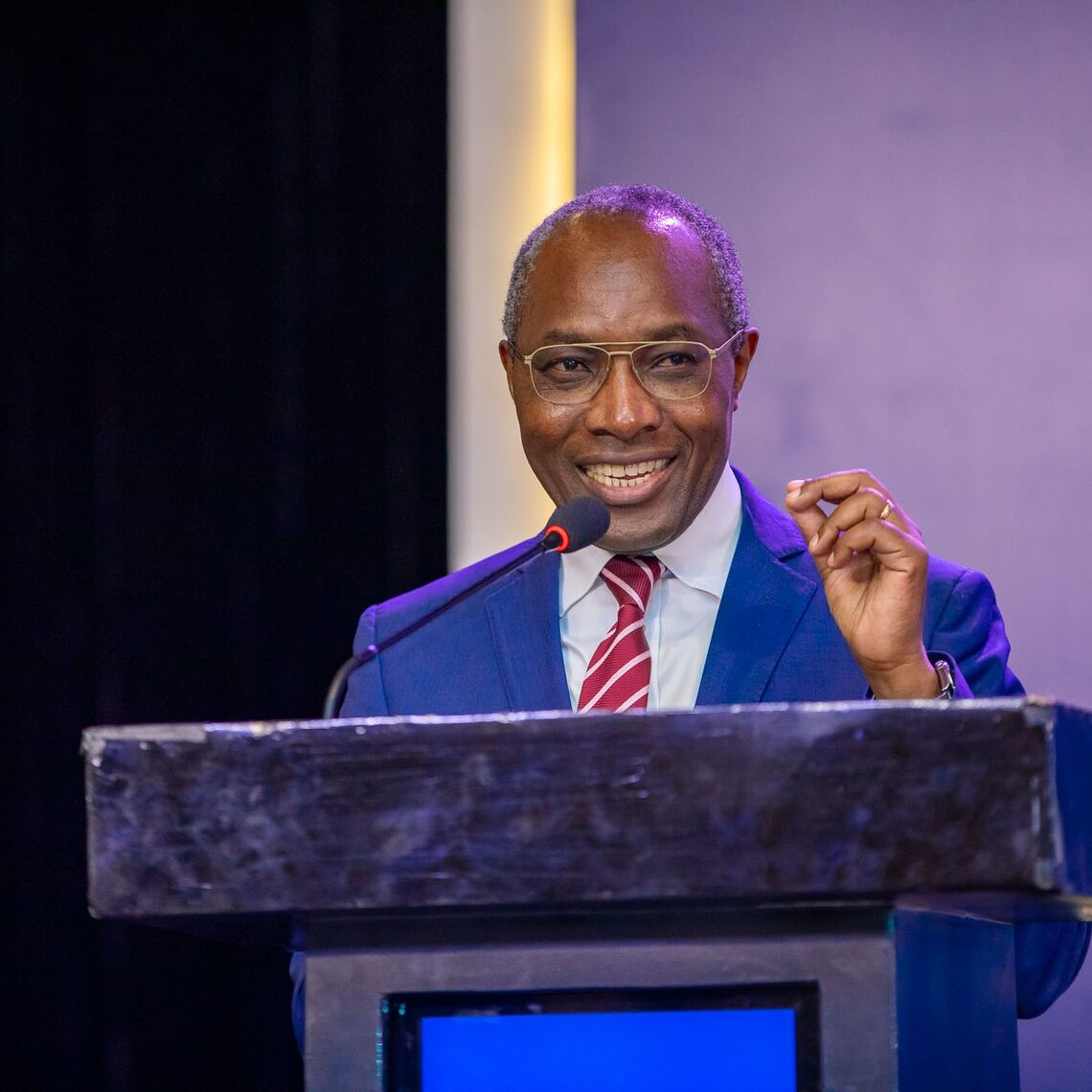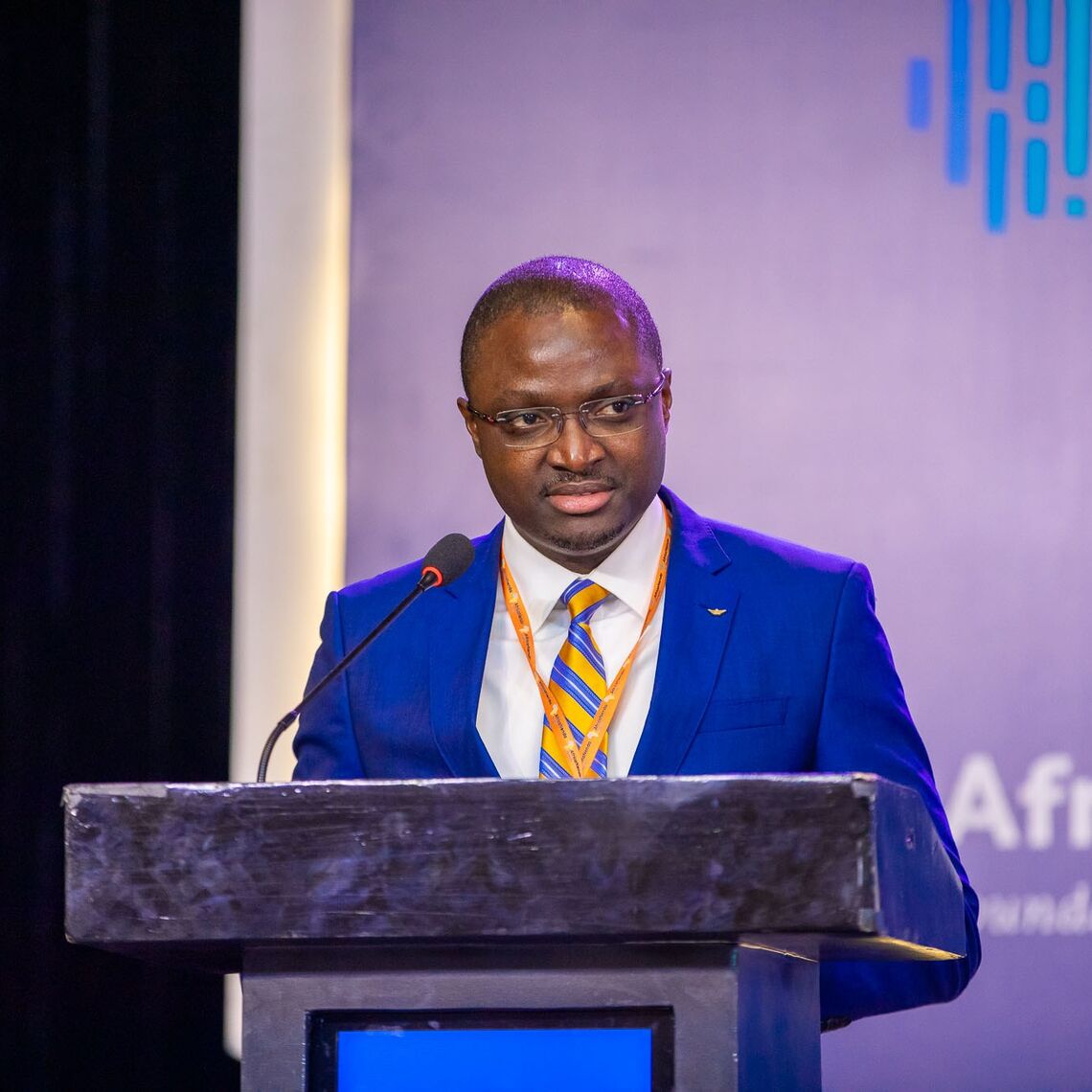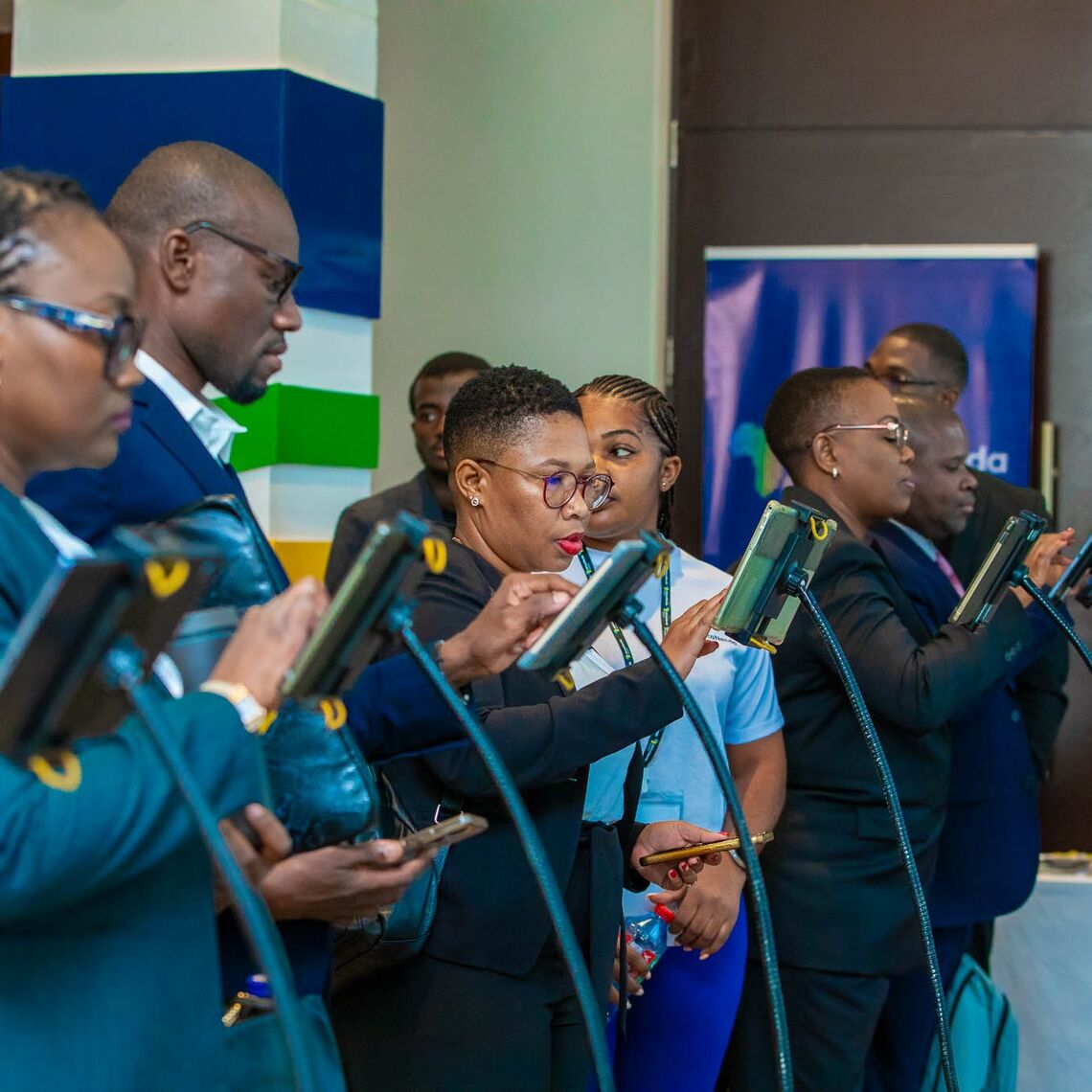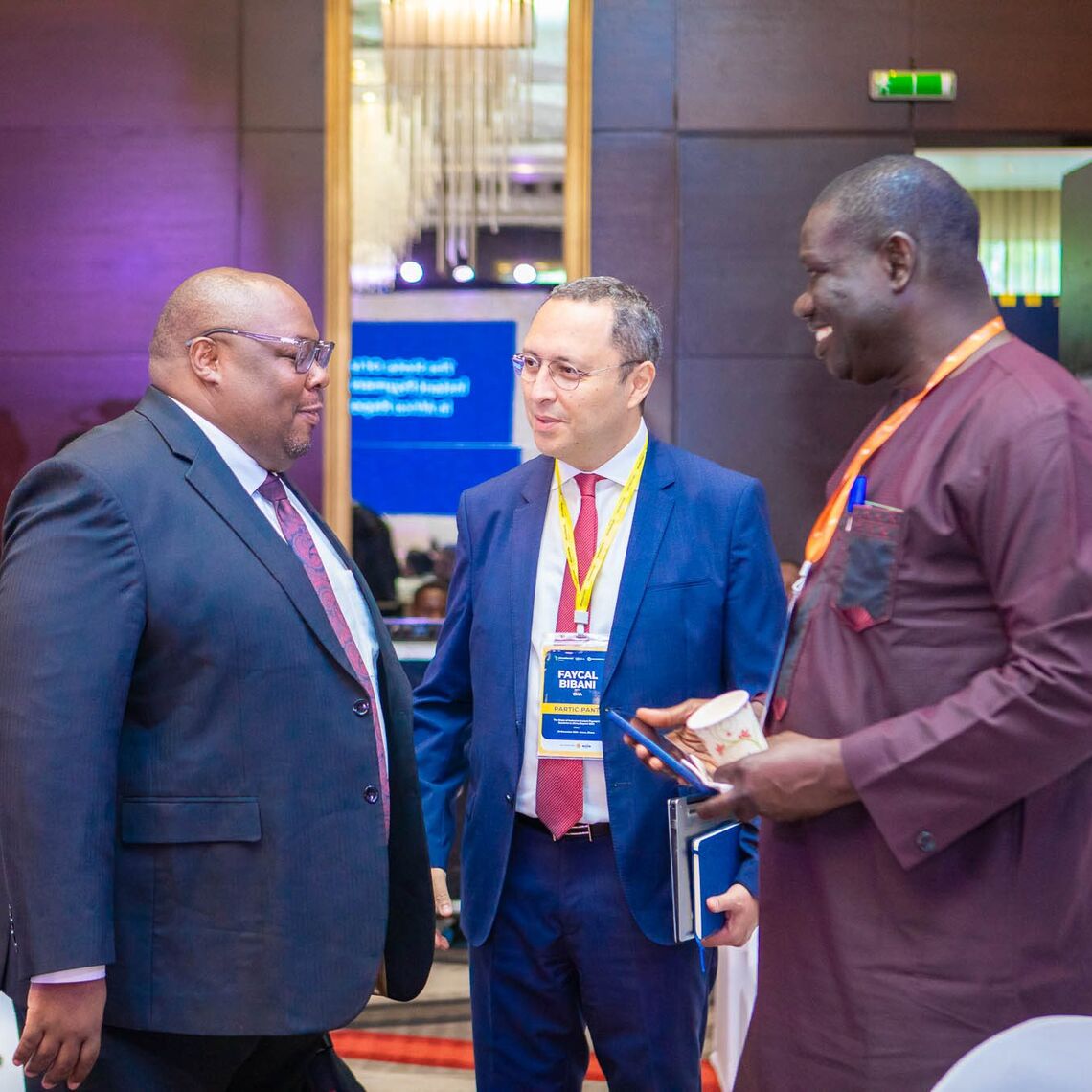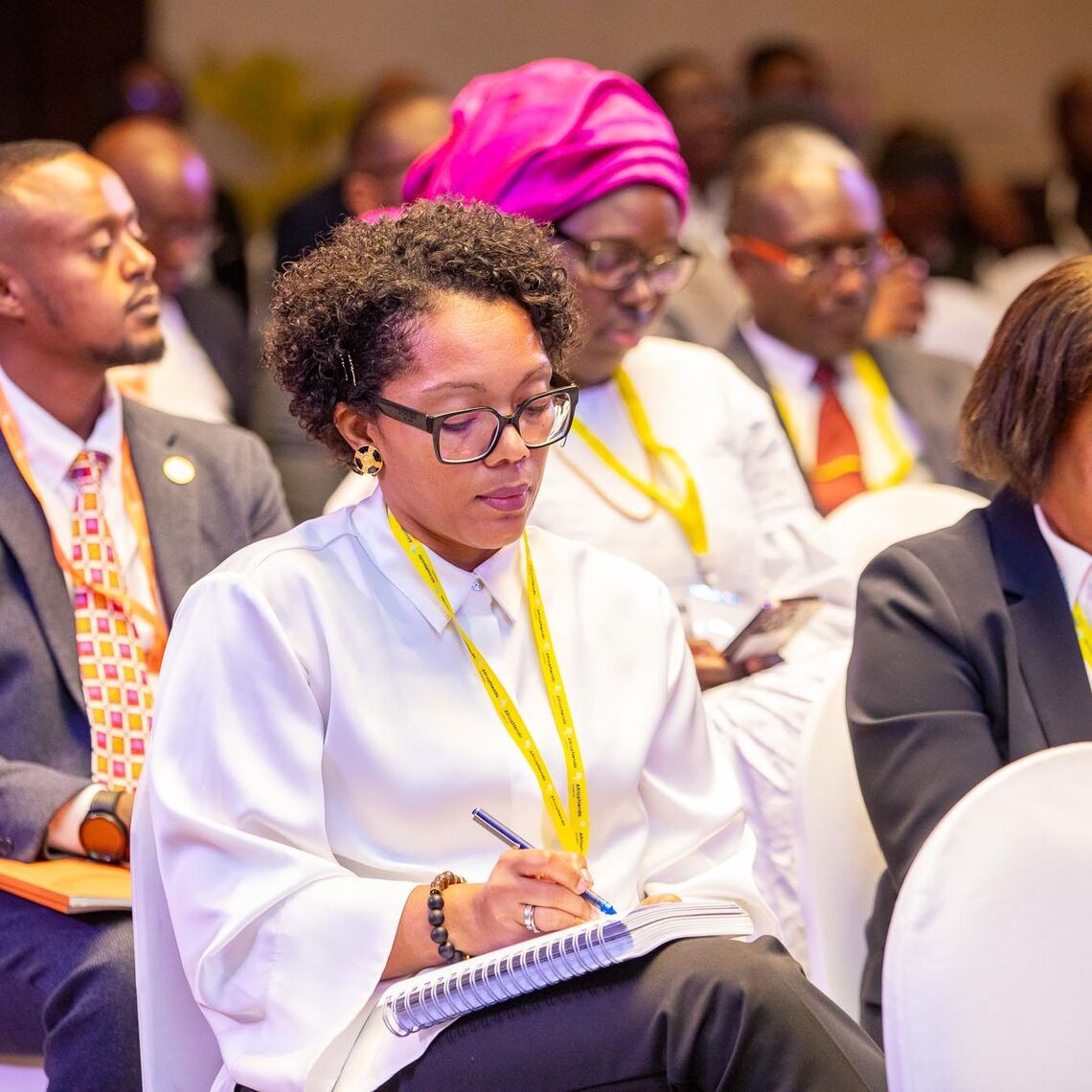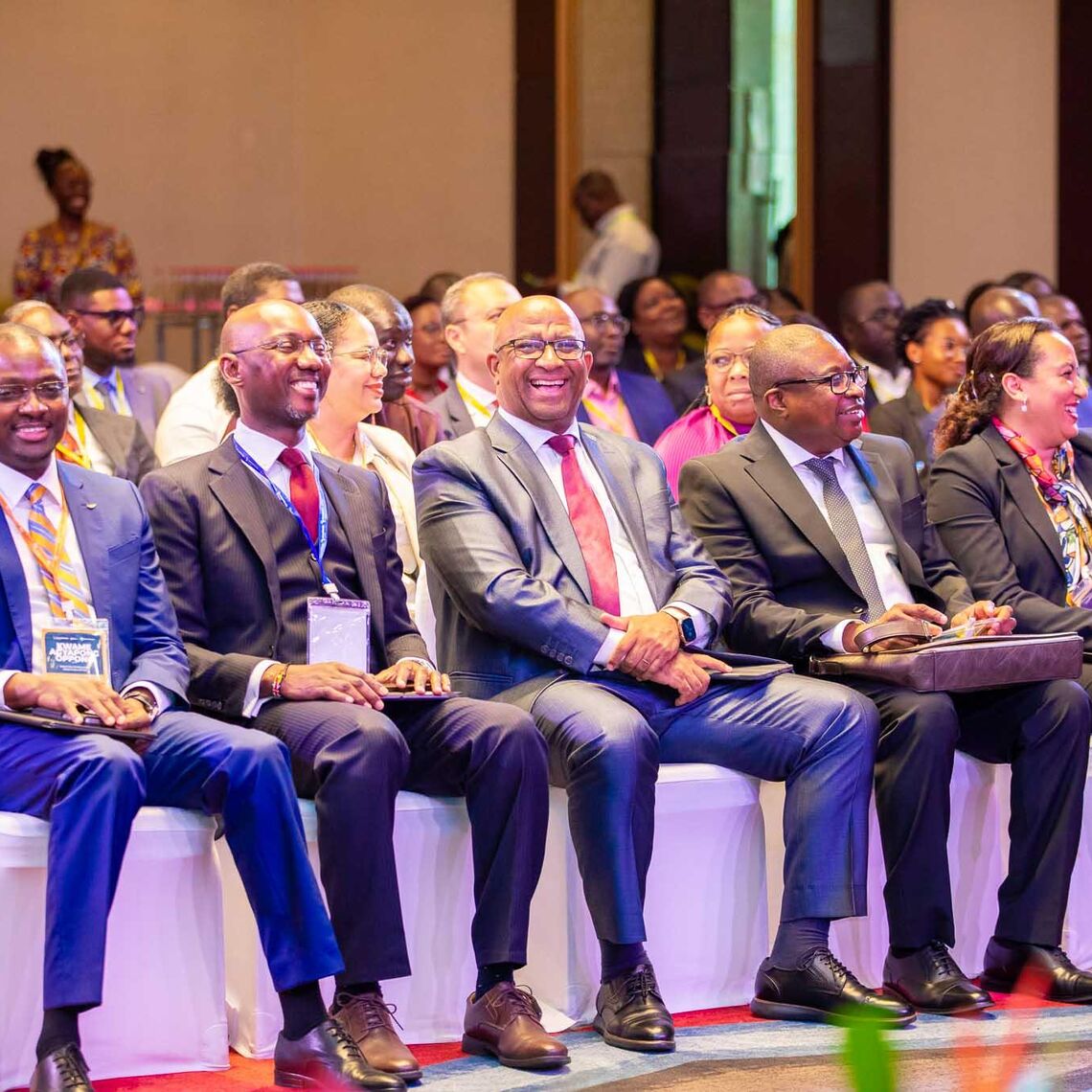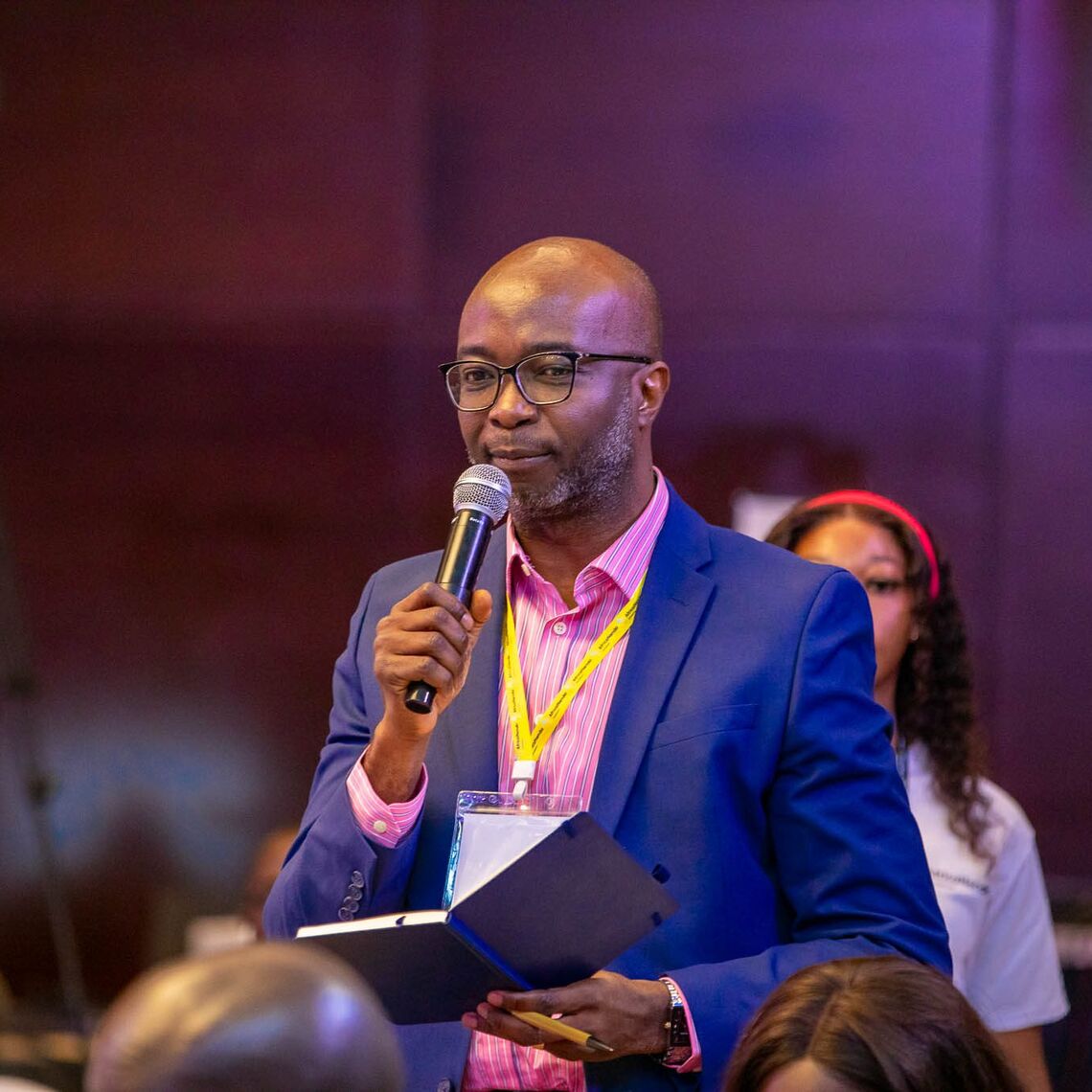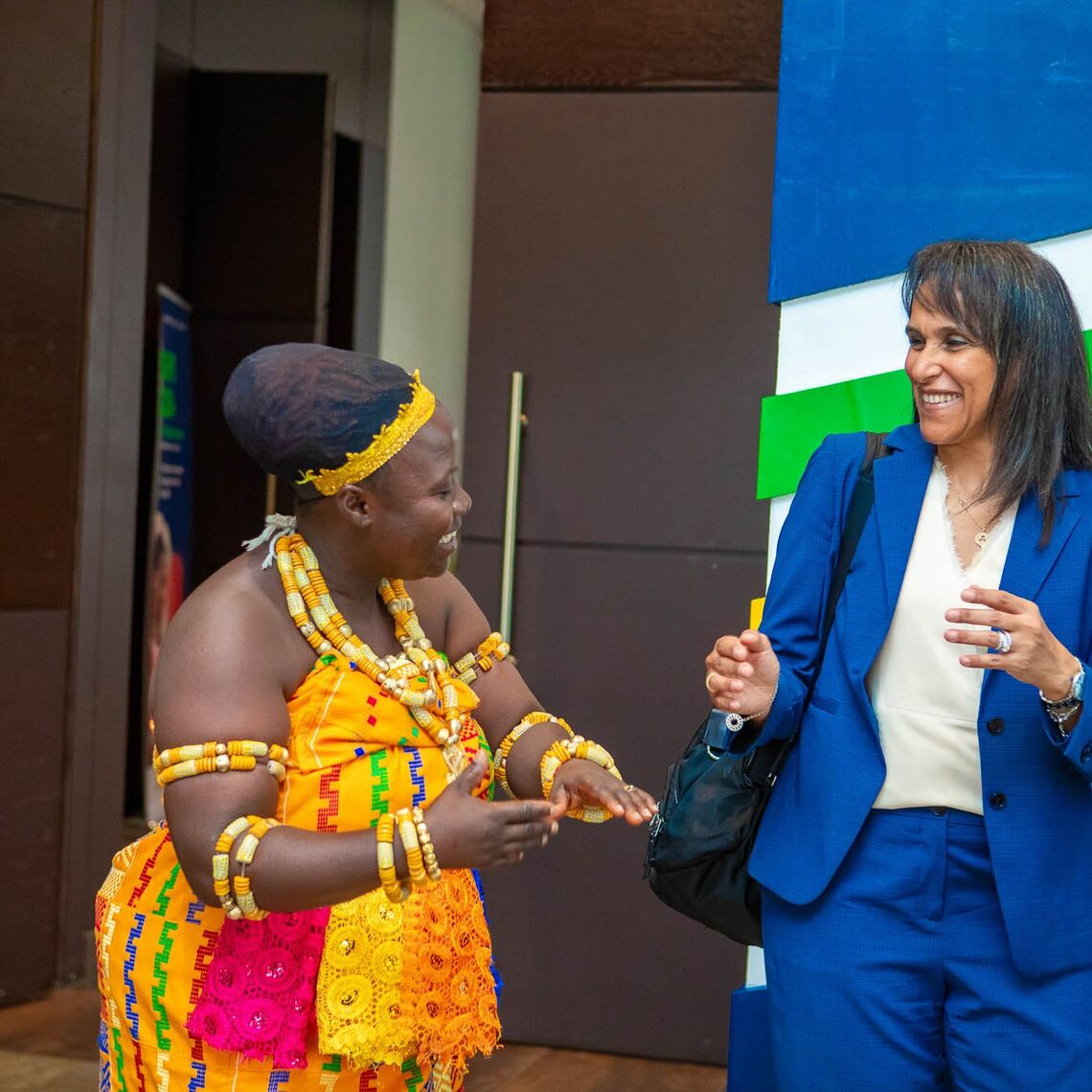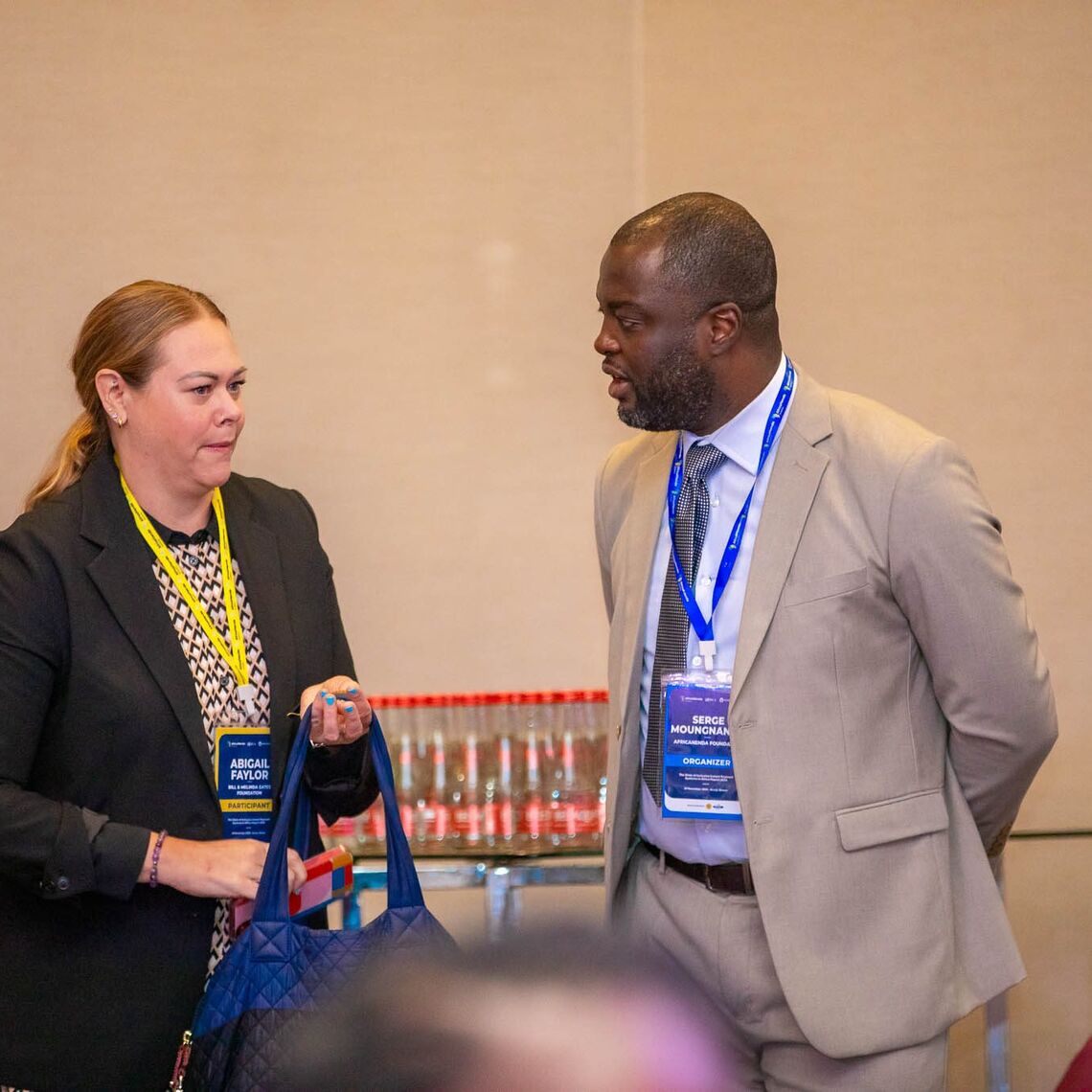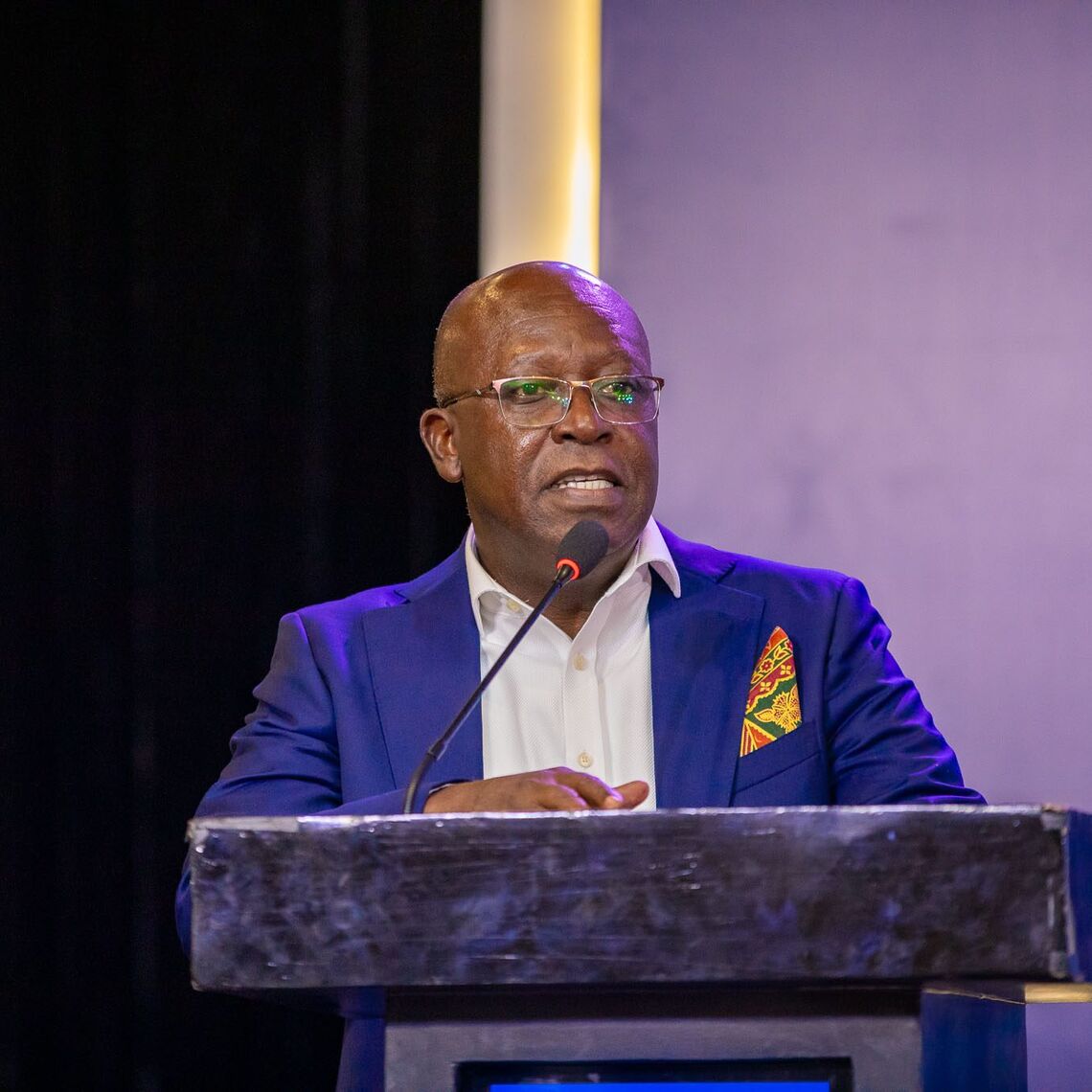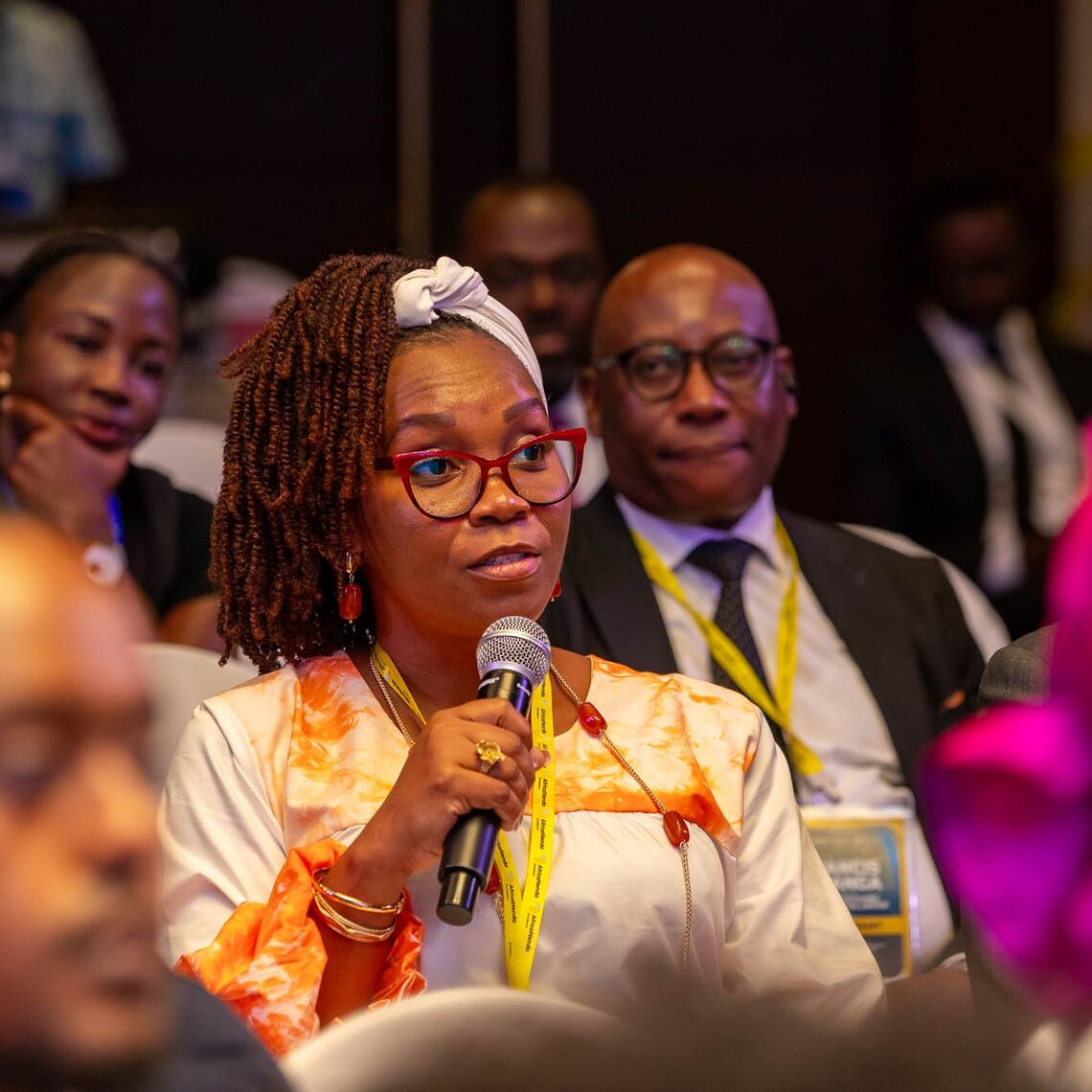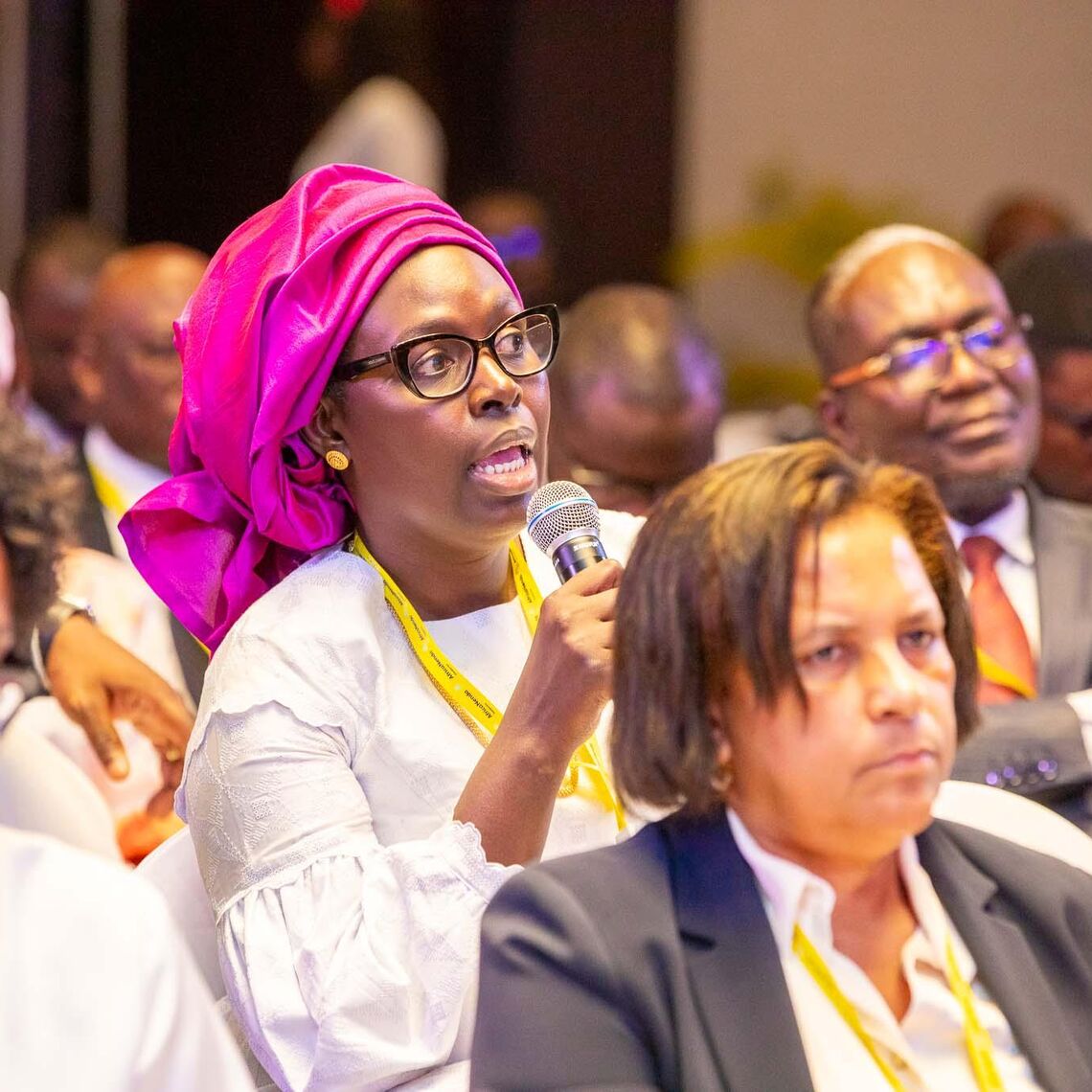
Events
SIIPS 2024: Highlights, Key Takeaways, and Moments to Remember
20 November 2024

The launch of the State of Inclusive Instant Payment Systems in Africa report (SIIPS 2024) took center stage on November 20, 2024, in vibrant Accra, Ghana. This transformative event organized by AfricaNenda, in partnership with the Bank of Ghana and the Ghana Interbank Payment and Settlement Systems Limited (GhIPSS) brought together diverse voices to explore how Inclusive Instant Payment Systems (IIPS) can unlock financial inclusion for millions across Africa.
From unveiling the much-anticipated SIIPS 2024 Report to thought-provoking discussions on cross-border payments, digital public infrastructure (DPI), and financial innovation, SIIPS 2024 proved to be a milestone moment in reshaping Africa’s financial landscape.
Who Was in the Room?
This year, the event brought together a powerhouse of change-makers:
- Central banks and policymakers
- Industry leaders and financial institutions
- Experts in digital financial services
- Influential media and journalists
United by a shared vision, attendees examined the current state of Africa's financial systems, tackled challenges, and uncovered opportunities to create a more inclusive, instant payment ecosystem.
Setting the Stage with Media Capacity Building
The journey began on November 19 with a media workshop in collaboration with Co-Develop, aimed at strengthening journalists' capacity to cover Inclusive Instant Payment Systems (IIPS) and Digital Public Infrastructure (DPI).
- 22 on-site journalists joined hands with 49 virtual participants from across Togo, Benin, Nigeria, Senegal, Kenya, Cameroon, and Ghana.
- Building on the success of last year’s training, this year’s session focused on deepening participants' understanding of IIPS and DPI while providing practical insights to foster specialized reporting in this rapidly evolving sector.
The SIIPS 2024 Launch
The main event kicked off with keynote speeches from Dr. Robert Ochola, CEO, AfricaNenda Foundation, Mehnaz Safavian, Practice Manager FCI, World Bank, Stephen Karingi, UNECA representative, and Dr Kwame A. Oppong representative of the Bank of Ghana.
Then Sabine Mensah, Deputy CEO and Jacqueline Jumah Director Advocacy & Capacity Development presented the SIIPS 2024 report. For one hour they took the audience through the insights, highlighting key trends in Africa's inclusive instant payments landscape.
- On the supply side, 31 IPS are live across 26 countries, with notable growth in transaction volumes and inclusivity, though challenges like limited recourse mechanisms remain.
- On the demand side, social influence drives adoption, with savings and airtime as the most digitalized use cases, while trust issues, unreliable networks, and privacy concerns hinder habitual usage.
- Key trends include the need for innovation-friendly fintech licensing, digital public infrastructure momentum, and addressing barriers to ensure sustainable and inclusive payment systems across the continent.
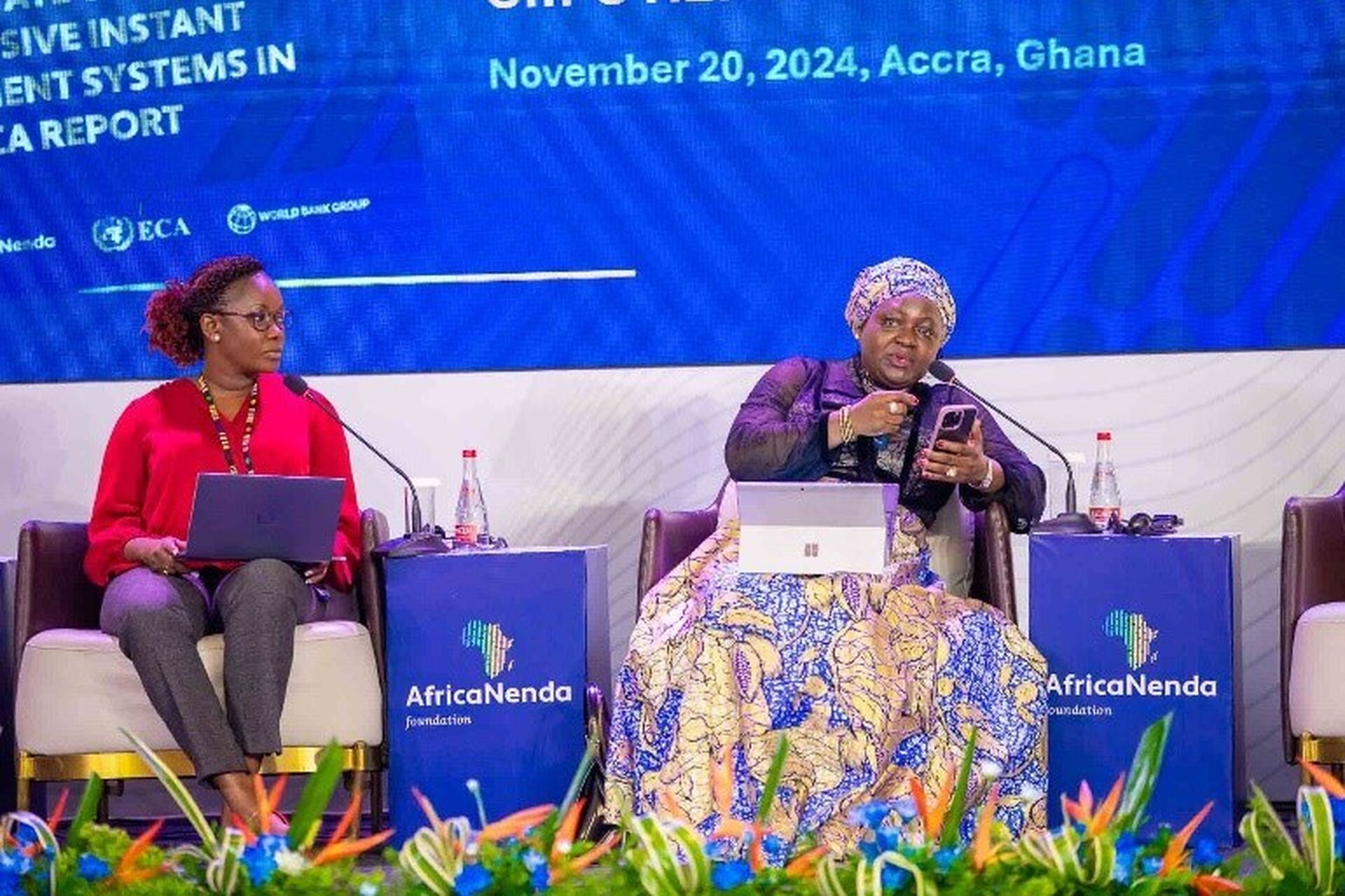
Highlights from the Panel Discussions
Panel 1: Inclusivity in Instant Payment Systems
This panel explored key insights, experiences, and lessons learned from implementing Inclusive Instant Payment Systems (IIPS) across Africa. Panelists shared their perspectives on addressing common barriers to IPS inclusivity, such as interoperability, accessibility, and trust, while highlighting strategies to scale these systems effectively. The discussion focused on practical solutions and innovations that can accelerate financial inclusion and create sustainable, inclusive payment ecosystems across the continent.
Key takeaways:
- Financial inclusion: Expand access to underserved populations like rural communities and small businesses.
- Technological accessibility: Prioritize user-friendly interfaces and low-cost solutions, especially for mobile phones.
- Policy support: Governments and regulators must foster inclusivity while protecting consumers.
- Cross-border collaboration: Seamless, interoperable systems can unlock Africa’s trade potential.
- Security and trust: Robust protections build user confidence and safeguard vulnerable populations.
Panelists from left to right:Blaise Gasabira, RSwitch CEO, Abeneazer Wondwosen, Chief Portfolio Officer, EthSwithch, Dilwonberish Aberra, BMGF (Moderator) Archie Hesse, CEO, Lucy Charles – Shaidi, Director, National Payment Systems, Bank of Tanzania, Premier Oiwoh, Managing Director & CEO, NIBSS, Nigeria, Kwaku Tettey, Head, Real-Time Payments, GhIPSS, Ghana.
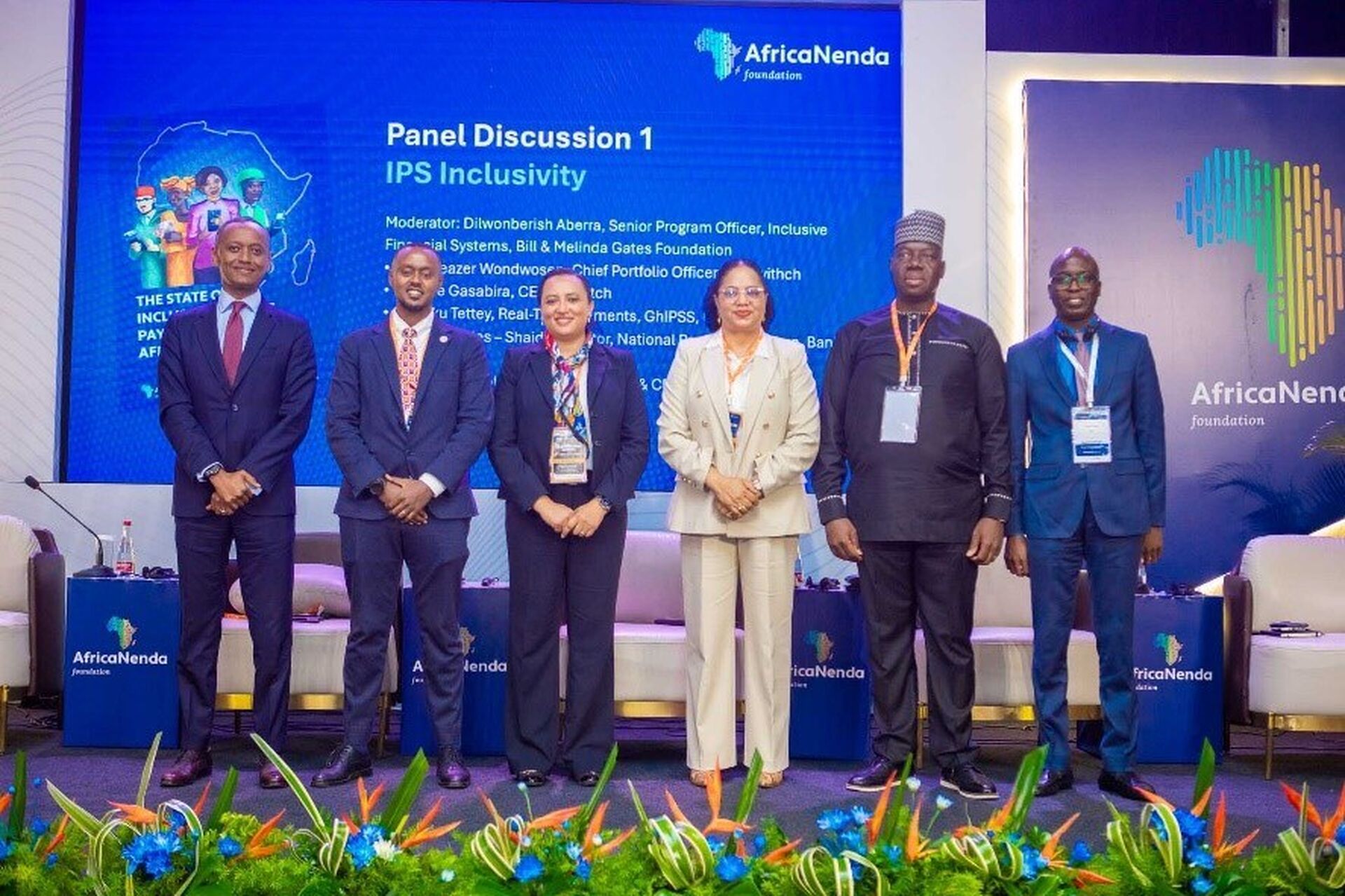
Panel 2: Boosting Intra-Africa Cross-Border Payments
Focused on streamlining cross-border payments, the panel explored ways to make transactions faster, more efficient, and accessible. Discussions centered on the most effective strategies and collaborative efforts that can be implemented to enhance the efficiency, affordability, and accessibility of intra-Africa cross-border payments. These efforts are crucial for driving economic integration and development across the continent.
Key takeaways:
- Challenges: High costs and lack of interoperability hinder progress.
- Regional collaboration: Harmonized frameworks and partnerships are essential.
- Digital tools: Mobile money platforms are game changers in overcoming traditional barriers.
- Regulatory alignment: Harmonized policies and regulations can spur innovation while ensuring consumer safety.
Panelists from left to right:Dr. Patrick Olomo, Head of Economic Policy and Sustainable Development, AUC, Thomas Lammer, Deputy Head of Secretariat, CPMI/BIS, Sabine Mensah, Deputy CEO (Moderator), AfricaNenda, Dr. Kwasi Osei-Yeboah, Director financial stability, Bank of Ghana Ruhling Herbst, Acting Executive Head: Africa Business Development & Strategy and Transformation Officer,BankServAfrica and Habib Attia, Senior Advisor, Arab Monetary Fund online attendance)
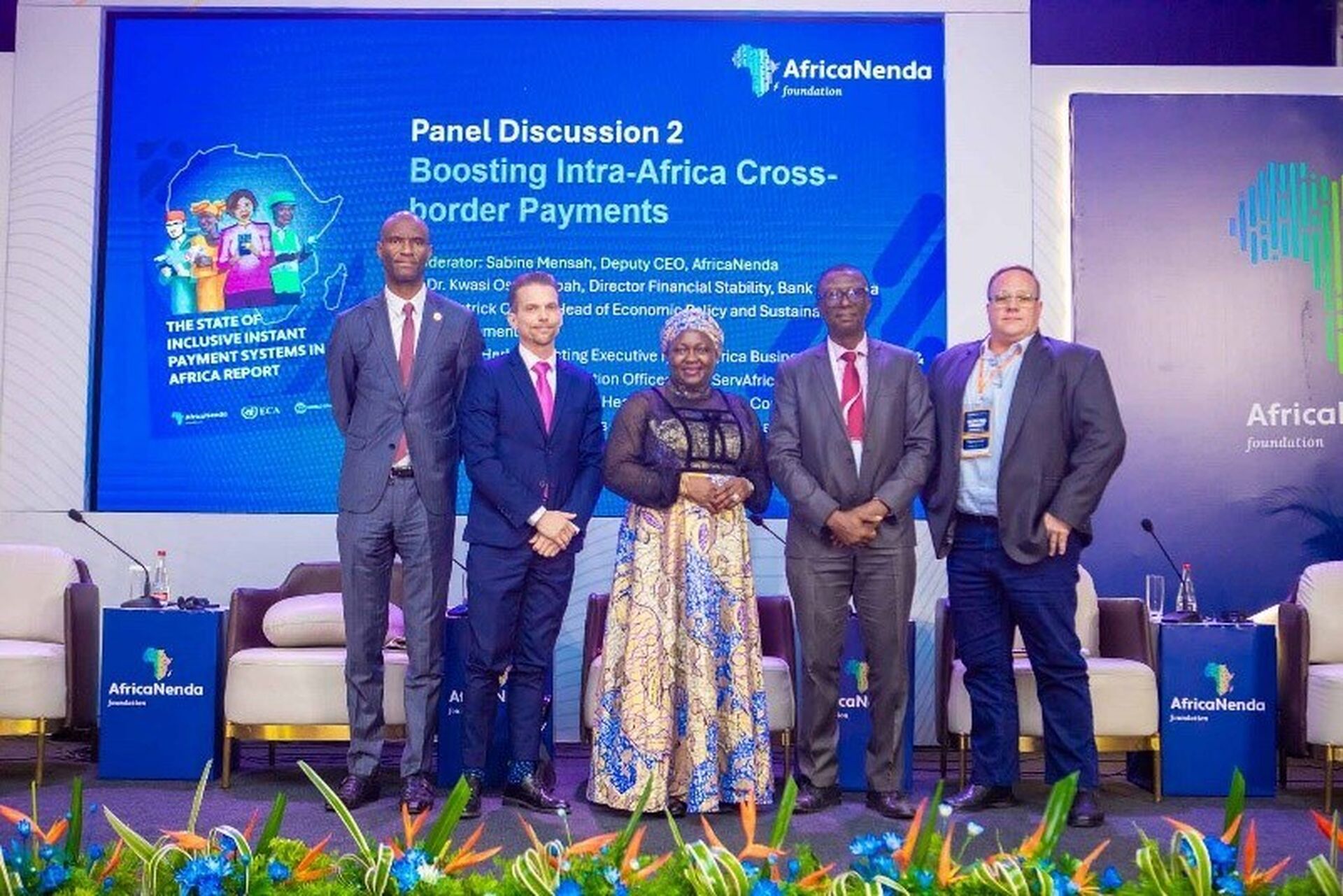
Panel 3: Emerging Trends in IPS Development
The third panel of the day explored the most effective strategies and collaborative efforts that can be implemented to enhance the efficiency, affordability, and accessibility of IPS, both locally and across borders. These efforts are key to driving economic integration and development across the continent, while also ensuring that IPS systems meet the needs of consumers and promote financial inclusion.
Key takeaways:
- A consumer centric approach to IPS is key to encouraging adoption of Instant Payment Systems across the continent.
- Access and participation in the digital economy is a right and not a privilege. Various ecosystem stakeholders have the onus of ensuring the right is upheld.
- There is a need to digitize all use cases and improve the value proposition for customers and service providers alike in the financial ecosystem.
- Digital transformation has been happening for a while now and therefore building onto the existing infrastructure can help boost financial inclusion.
Panelists from left to right:Heba Shams, VP Global Public Policy Mastercard, Robert Karanja, Senior Director, Africa, Co-Develop, Dilwonberish Aberra, Senior Program Officer, BMGF, Akinwale Goodluck, Deputy CEO, AfricaNenda (Moderator), Dorothee Delort, Senior Financial Sector Specialist, World Bank, Clarence Blay, Director Payment Systems, Bank of Ghana
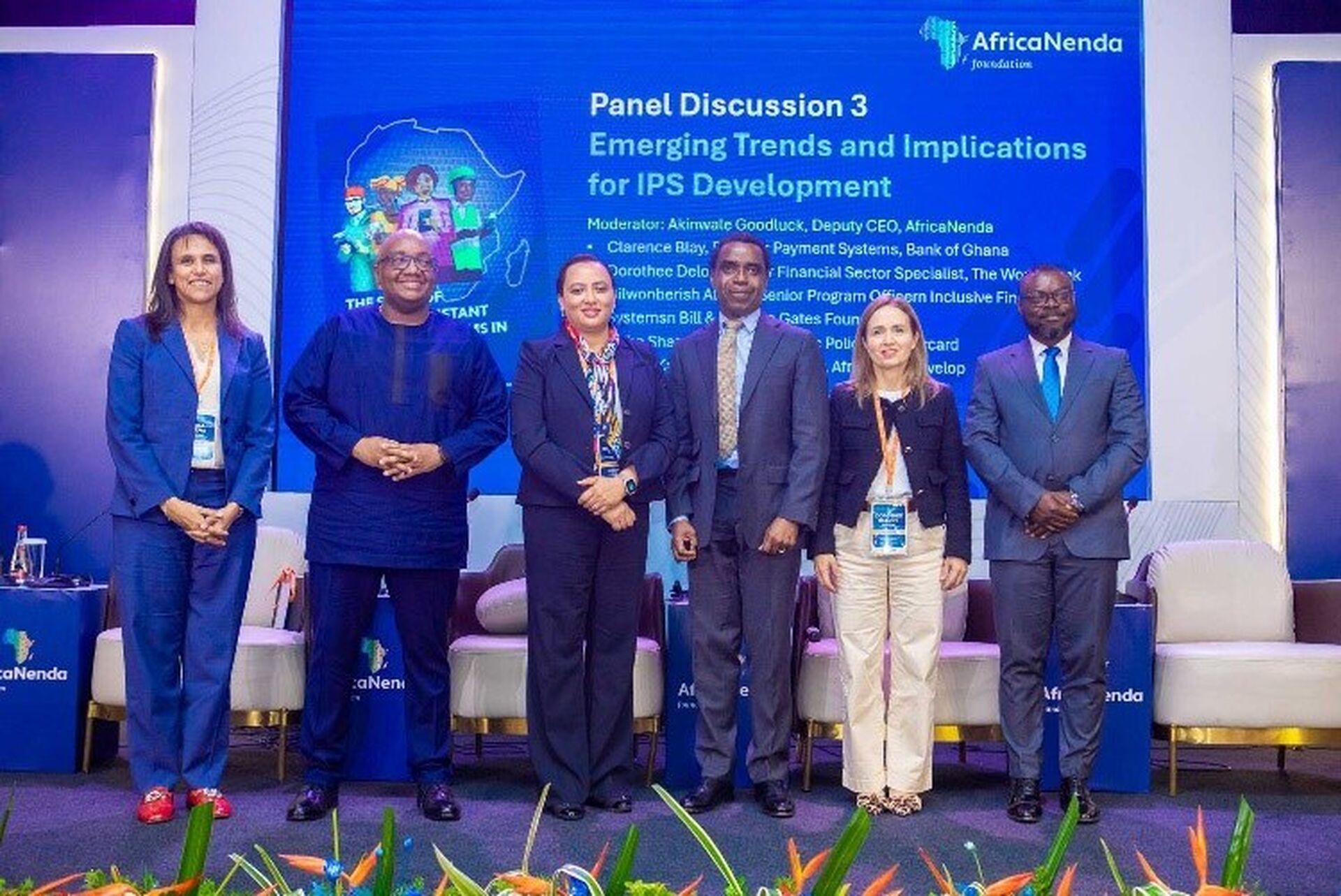
Panel Discussion 4: Governors Forum on Key Policy Considerations
Moderated by AfricaNenda's CEO, Dr. Robert Ochola, this high-level panel featured central bank governors who discussed critical policy considerations for the advancement of inclusive instant payment systems (IPS) in Africa. The session delved into approaches for enhancing interoperability, eKYC, and fintech licensing to scale IPS, while also addressing what needs to be harmonized from a regulatory perspective to enable seamless cross-border retail payments. The panelists emphasized the importance of collaboration between regulators, financial institutions, and fintechs to build an inclusive, efficient, and integrated payments ecosystem that fosters economic growth and financial inclusion across the continent.
Key takeaways:
- Digital payments are no longer a privilege but a fundamental right. This calls for concerted and intentional efforts to build impactful digital payment solutions that leave no one behind.
- Payments serve as a catalyst for trade. To stimulate trade across Africa, we must adopt interoperable platforms and scale existing solutions to enable seamless trade facilitation across the continent.
- Public and private sectors must work together to build trust by addressing fraud collaboratively. This partnership is key to safeguarding the integrity of digital payments.
- Fintechs must be empowered to test and experiment with new innovations through regulatory sandboxes. This approach ensures that end users benefit from impactful and transformative financial experiences.
Panelists from left to right:Dr. Philemon Fana Mnisi, Governor, Central Bank of Eswatini, Dr. Robert Ochola, CEO, AfricaNenda, Dr. Ibrahim Lahai Stevens, Governor, Bank of Sierra Leone
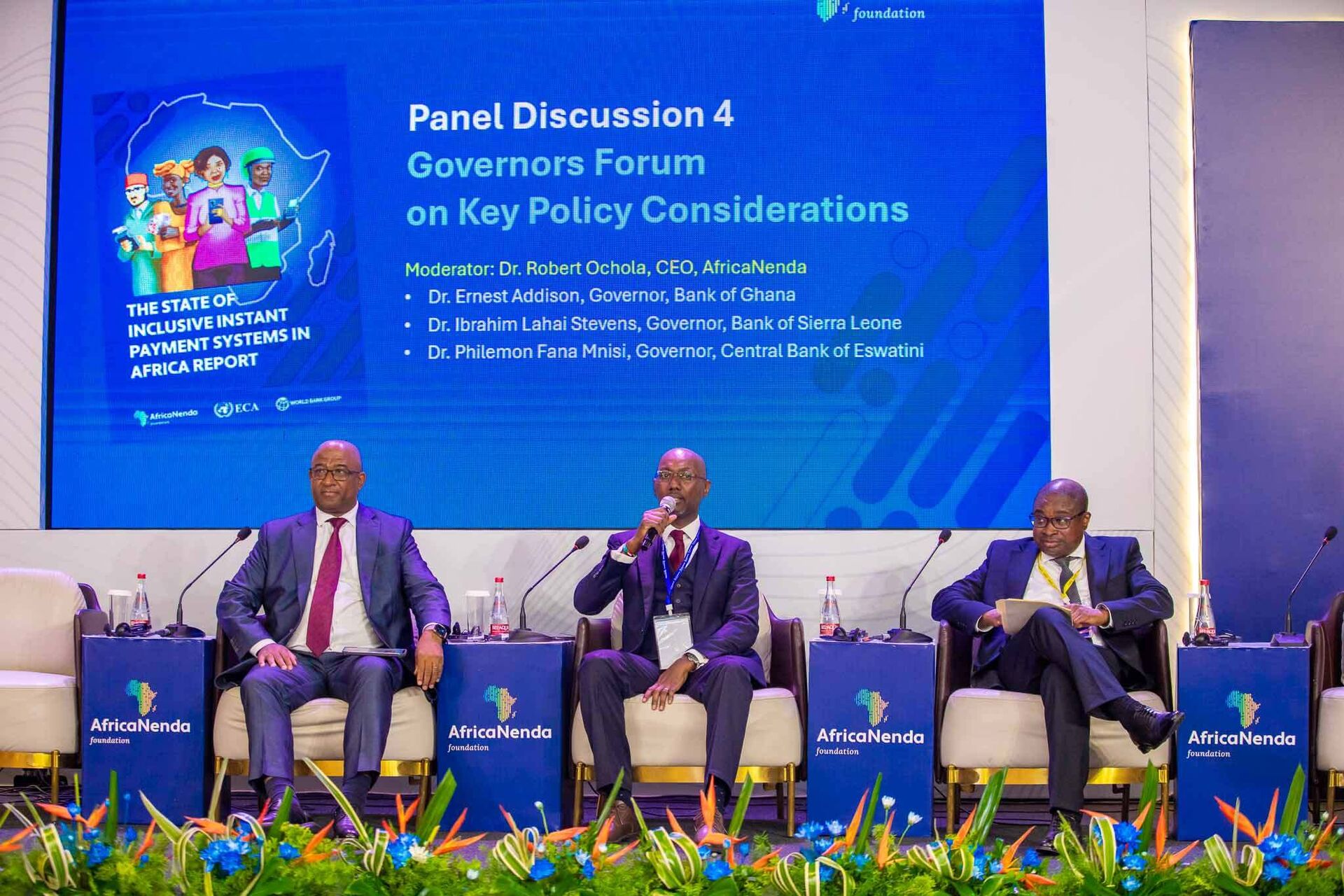
Looking Ahead
In the closing session, we heard from key leaders including Archie Hesse, CEO of GhIPSS, Dilwonberish Aberra, Senior Program Officer at the Bill & Melinda Gates Foundation, and Dr. Ernest Addison, Governor of the Bank of Ghana. Their insights reinforced our shared commitment to financial inclusion and innovation. SIIPS 2024 wasn’t just an event—it was a movement, reaffirming our dedication to these values. We want to express our gratitude to everyone who contributed to the success of this event.
